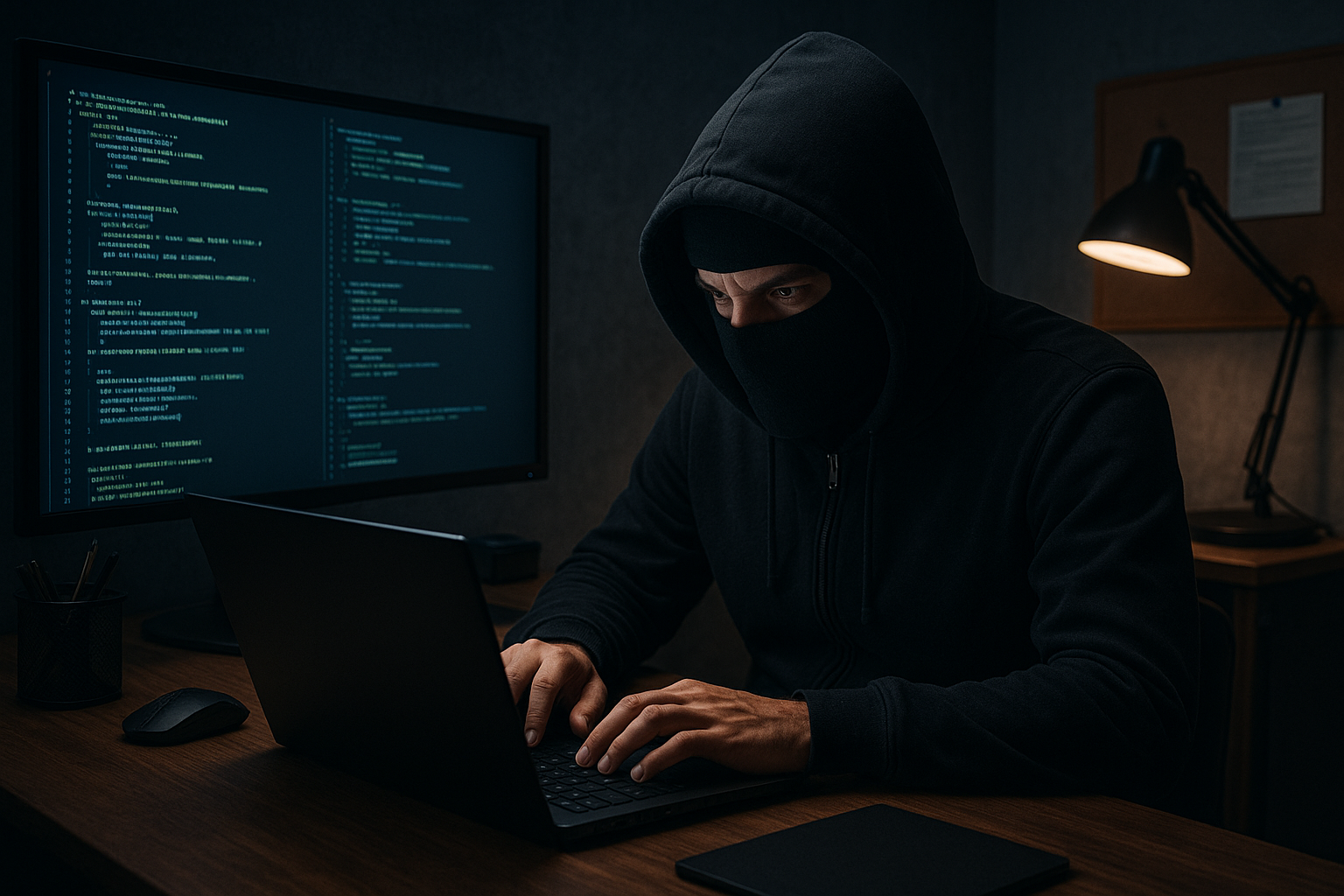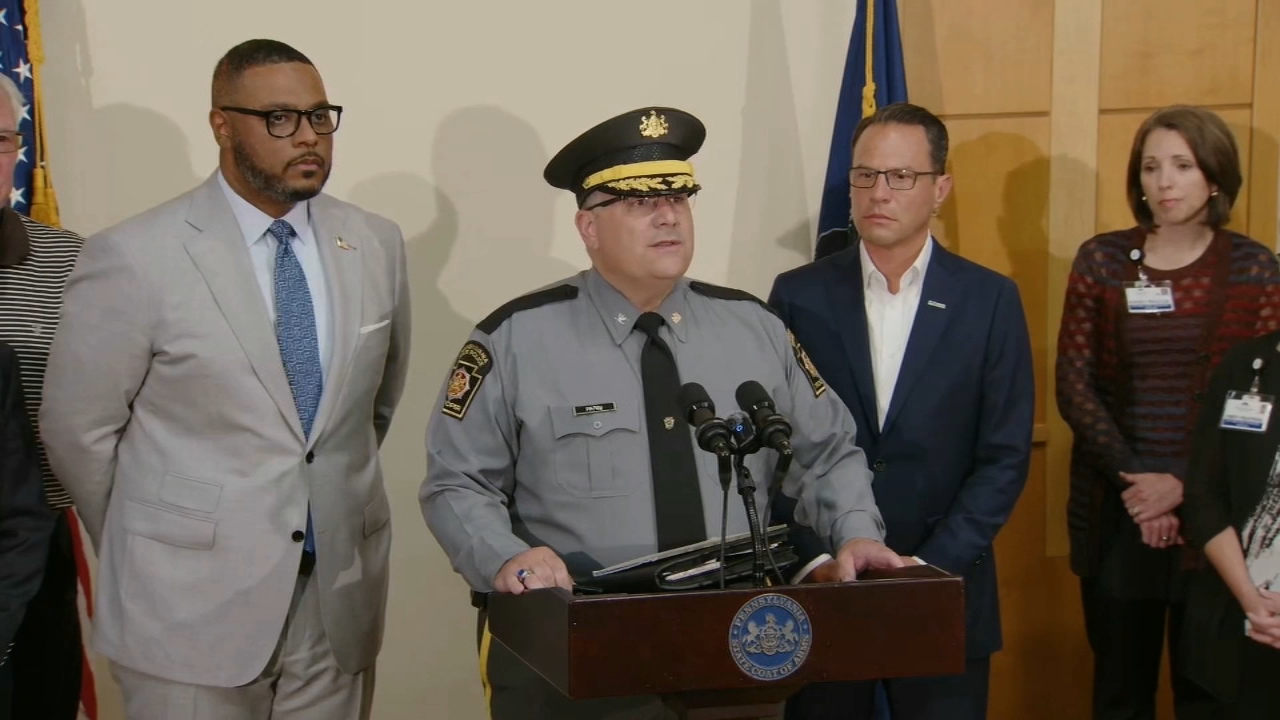Trump Takes Direct Control of DC Police, Deploys National Guard Amid Public Safety Concerns
In a move that has sparked political and legal controversy, former U.S. President Donald Trump announced on Monday that he has assumed direct federal control over Washington, D.C.’s police department, citing a public safety emergency. The decision follows the assault of a 19-year-old former Department of Government Efficiency employee during an attempted carjacking on August 3.
Invoking Emergency Powers Under the Home Rule Act
Trump’s action is grounded in the Home Rule Act of 1973, a landmark law that grants Washington, D.C. limited self-governance, while still allowing Congress and the President oversight of the capital’s major institutions. The Act allows the president to temporarily take command of the Metropolitan Police Department for up to 48 hours if there is a determination of an emergency requiring such intervention.
This represents the first instance in U.S. history where a president has directly taken control of D.C.’s police force using this law. Any effort to extend this authority beyond 48 hours would require formal notification to key congressional committees. For control to exceed 30 days, an act of Congress would be necessary—something unlikely given the current partisan gridlock in both legislative chambers.
Trump’s Rationale and Political Backdrop
Trump justified the takeover by pointing to what he claims is a “public safety crisis” in the nation’s capital. Taking to his Truth Social platform, he declared, “Washington, D.C. will be LIBERATED today!”, suggesting that he sees the move as a response to rising lawlessness. However, official crime data contradicts this narrative.
While high-profile incidents like the recent assault have drawn attention, violent crime rates in Washington, D.C., have actually been declining. After a sharp increase in 2023—when the city recorded its highest homicide rate since 1997—the number of killings fell by 32% in 2024, and has already dropped another 12% in 2025, with 99 homicides reported as of August 10.
Local Leaders React with Concern
The move appeared to catch D.C. leaders off guard. According to multiple sources, Mayor Muriel Bowser and top police officials were not informed ahead of Trump’s announcement. During a press briefing, Bowser labeled the federal takeover “unprecedented and deeply troubling,” adding that Trump’s perception of D.C. may be shaped by his experience during the pandemic, when urban crime spiked in several U.S. cities.
While some local officials expressed alarm, others offered support. Greggory Pemberton, chairman of the D.C. Police Union, said the group welcomed the federal intervention, stating that “something needs to be done.”
National Guard Deployed, Federal Agencies Mobilized
In addition to taking over the police department, Trump has ordered the deployment of 800 members of the D.C. National Guard, with 200 assigned to support law enforcement duties. According to the Department of Defense, these troops will primarily handle logistical and administrative roles, while also serving as a visible presence in high-crime areas.
Federal involvement didn’t stop there. Over the weekend, Trump directed officers from multiple agencies—including up to 130 FBI agents—to join patrols in various D.C. neighborhoods, further escalating federal involvement in city policing.
This show of force comes as the Trump administration continues to defend its previous use of federal troops in domestic affairs, including a separate legal case over the deployment of the National Guard during immigration protests in Los Angeles in June.
Crime Trends Paint a Complex Picture
Despite Trump’s rhetoric, crime data reveals a consistent downward trend in most categories. Carjackings, for example, have dropped significantly since their 2023 peak of 959 incidents, with 188 reported so far in 2025—the lowest monthly total since May 2020. Other cities with historically high crime rates, including Chicago, Detroit, Philadelphia, St. Louis, and Baltimore, have also experienced notable declines in violent crime and homicides over the past two years.
Looking Ahead: Legal and Political Implications
Trump’s decision to invoke federal emergency powers in D.C. could open the door to legal challenges and further political backlash, especially as debates over the limits of executive authority continue to dominate national discourse. The potential for extended federal control will depend on whether Trump pursues congressional notification or legislative backing, both of which could face fierce resistance from Democratic lawmakers and civil rights organizations.
Whether this move is a genuine response to public safety concerns or a calculated political maneuver ahead of upcoming elections remains to be seen. What is clear, however, is that Trump’s latest decision has reignited conversations about federal power, local autonomy, and the politicization of public safety in the nation’s capital.



https://shorturl.fm/oxita